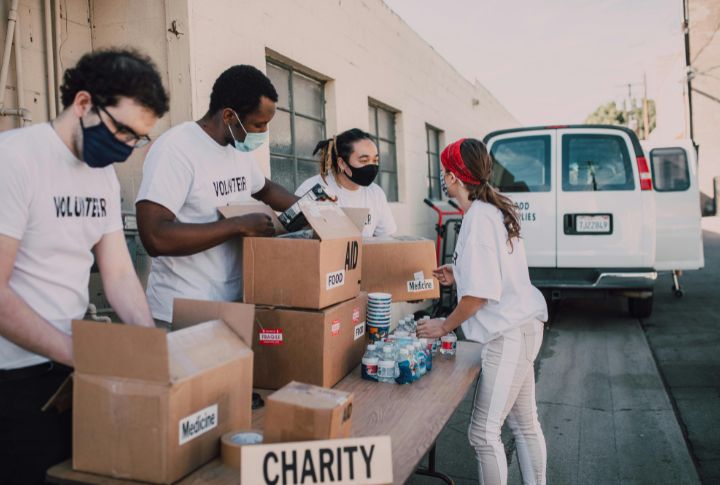
Survival prepping is fueled by fears of societal collapse, natural disasters, and other unforeseen events. While many people swear by their strategies for self-sufficiency and preparedness, you should consider whether the benefits truly outweigh the costs of time, money, and mental energy. Before you invest in bulky survival gear or endless emergency supplies, here are 15 reasons why it might not be the best idea.
Survival Prepping Can Drain Your Resources
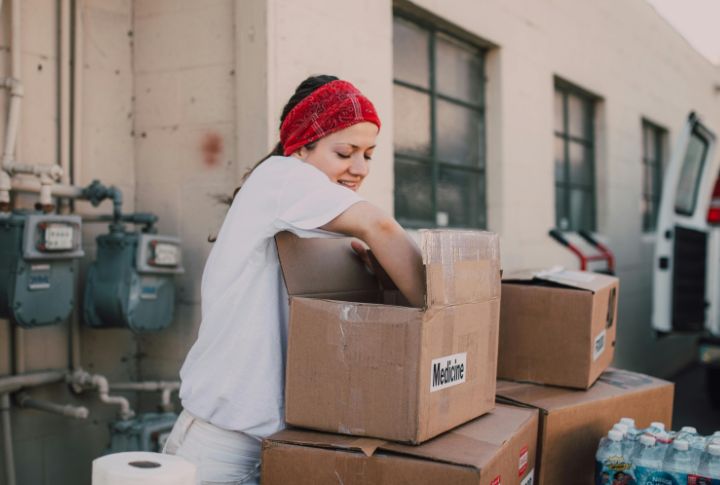
It can be extremely costly when you invest your time and money in survival prepping. Stockpiling supplies, building shelters, and purchasing gear require substantial financial resources. This investment could be better used elsewhere, like improving your current quality of life or securing a stable future.
Low Probability of Catastrophic Events
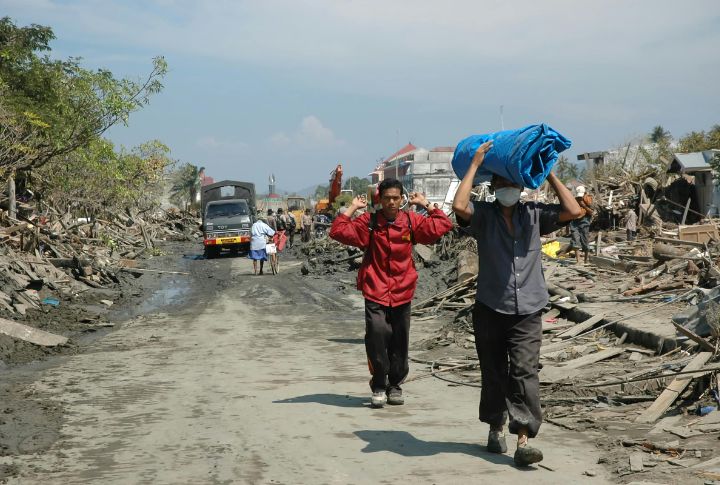
The likelihood of a doomsday event occurring in our lifetime is incredibly low. Most preppers prepare for scenarios that are improbable, such as nuclear attacks or global economic collapse. While preparing for emergencies is important, dedicating significant time to unlikely events can be counterproductive.
Stress and Anxiety Amplification

Survival prepping can increase stress and anxiety. Constantly worrying about potential disasters and obsessing over worst-case scenarios can take a toll on mental health. Your heightened state of vigilance often leads to chronic anxiety, which can negatively impact daily life and overall well-being.
Disconnection from Reality

Preppers sometimes immerse themselves in hypothetical scenarios that cause a disconnection from reality. This focus on future disasters can make them neglect their present relationships, responsibilities, and opportunities. Living in a state of perpetual fear detracts from the joy and experiences of everyday life.
Misallocation of Time and Energy
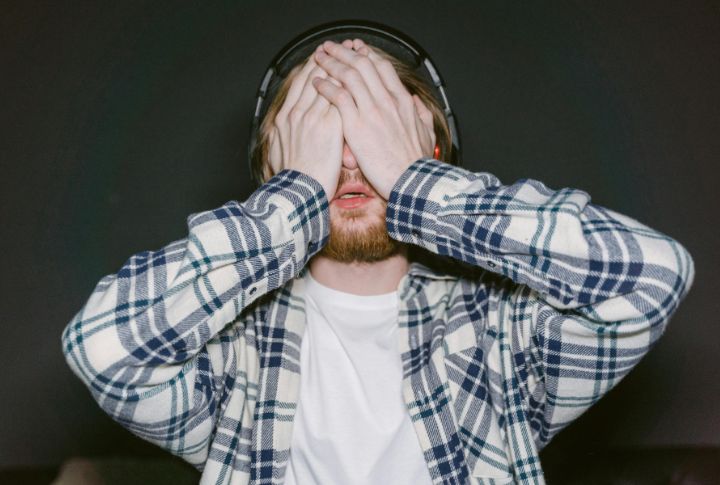
Doomsday prepping demands a significant amount of time and energy. You have to learn survival skills, maintain supplies, and plan for every possible scenario that becomes an all-consuming hobby. You could better spend your time on activities that contribute to personal growth or community engagement.
Social Isolation
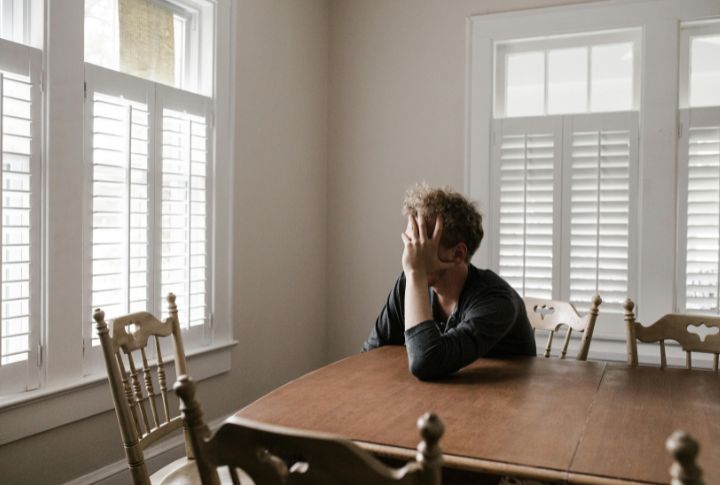
Another problem is that prepping can lead to social isolation. As preppers become more consumed with their survival plans, they may distance themselves from friends and family who don’t share their concerns. Isolation can lead to loneliness and a breakdown of valuable social networks.
False Sense of Security
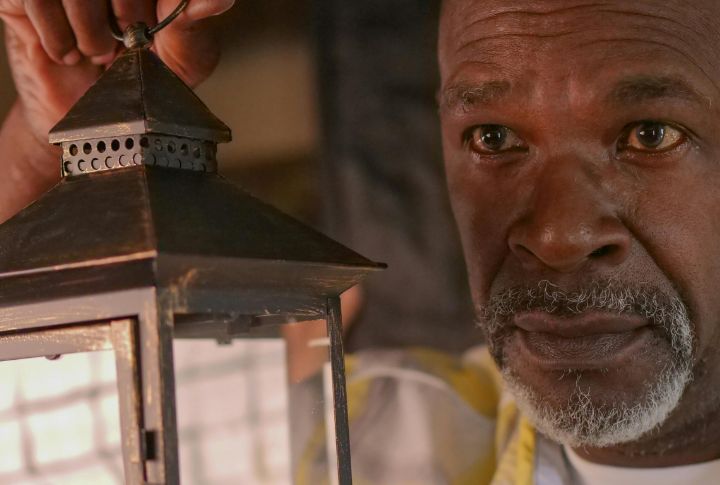
Despite the extensive preparations, no one can predict or fully prepare for every possible disaster. Although it’s good to have some emergency supplies in case of power outages or a natural disaster, prepping for doomsday can give you false confidence and potentially make you more vulnerable in a real crisis.
Opportunity Cost

The time and money spent on prepping could be invested in other areas of life that give you immediate and tangible benefits. Whether it’s advancing your career, spending time with loved ones, or pursuing hobbies, the opportunity cost of prepping can be significant and detract from living a fulfilling life.
Overemphasis on Self-Reliance
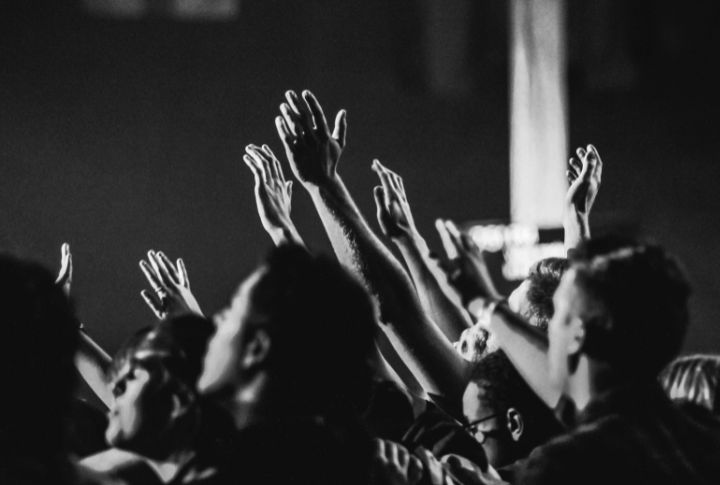
Prepping emphasizes extreme self-reliance, which can be unrealistic in a real disaster scenario. In times of crisis, community cooperation and mutual aid are more effective than going it alone. If you focus solely on self-sufficiency, you may miss out on the collective strength that comes from working together.
Mental Exhaustion
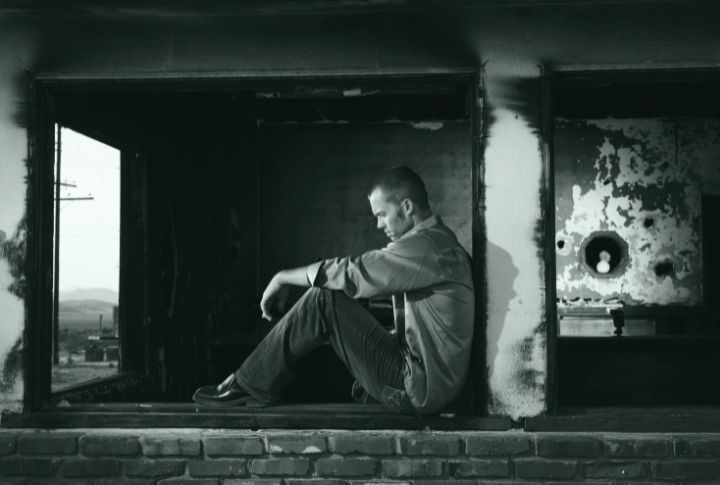
The mental energy required to prepare for disasters constantly can be exhausting. Preppers often find themselves in a state of perpetual alertness, planning for contingencies that may never occur. With this mental fatigue, you may experience burnout, which makes it difficult to enjoy life or function effectively in everyday situations.
Risk of Becoming Overly Paranoid

Did you know that doomsday prepping can foster an unhealthy level of paranoia? The constant fear of impending disaster can make you mistrust others and believe society is on the brink of collapse. A paranoid mindset can be damaging and may cause poor decision-making and strained relationships with others.
Limited Skill Applicability

Many skills learned through prepping are highly specialized and may not apply to everyday life. While survival skills are valuable in certain contexts, they may not translate to skills that improve daily living or career prospects. Limited skill applicability can make prepping seem like a narrow focus.
Environmental Impact
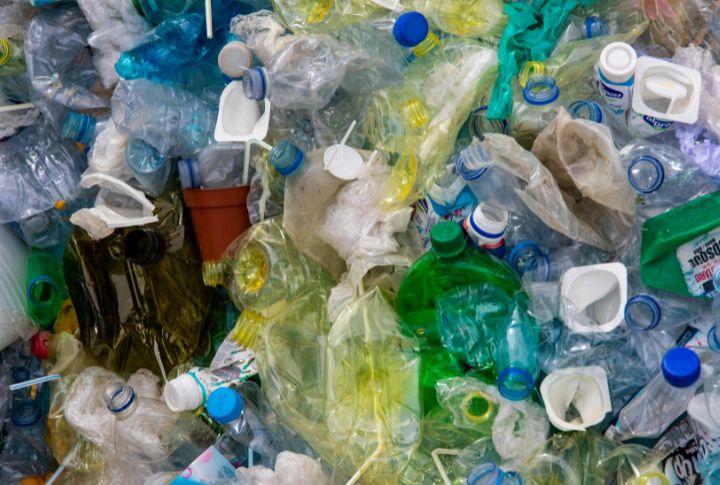
Survival prepping often involves stockpiling large amounts of non-perishable goods, water, and fuel, which can have a significant environmental impact. The overconsumption of resources for personal use contributes to waste and environmental degradation, which can affect long-term sustainability.
Potential for Hoarding
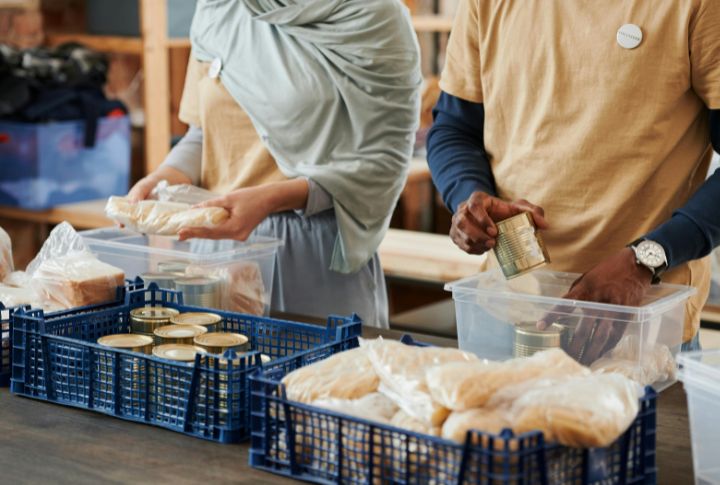
The act of doomsday prepping can easily turn into hoarding, where the accumulation of supplies becomes an obsession. This behavior leads to cluttered living spaces and prevents the proper circulation of goods in the community. Hoarding can exacerbate shortages during actual crises, which harms those who are less prepared.
Lack of Flexibility

You may become so focused on your specific disaster scenarios that you lose the ability to adapt to unforeseen challenges. Your rigid mindset can be detrimental when unexpected events occur that don’t fit into your carefully planned contingencies. Flexibility and adaptability are often more valuable than rigid planning.

